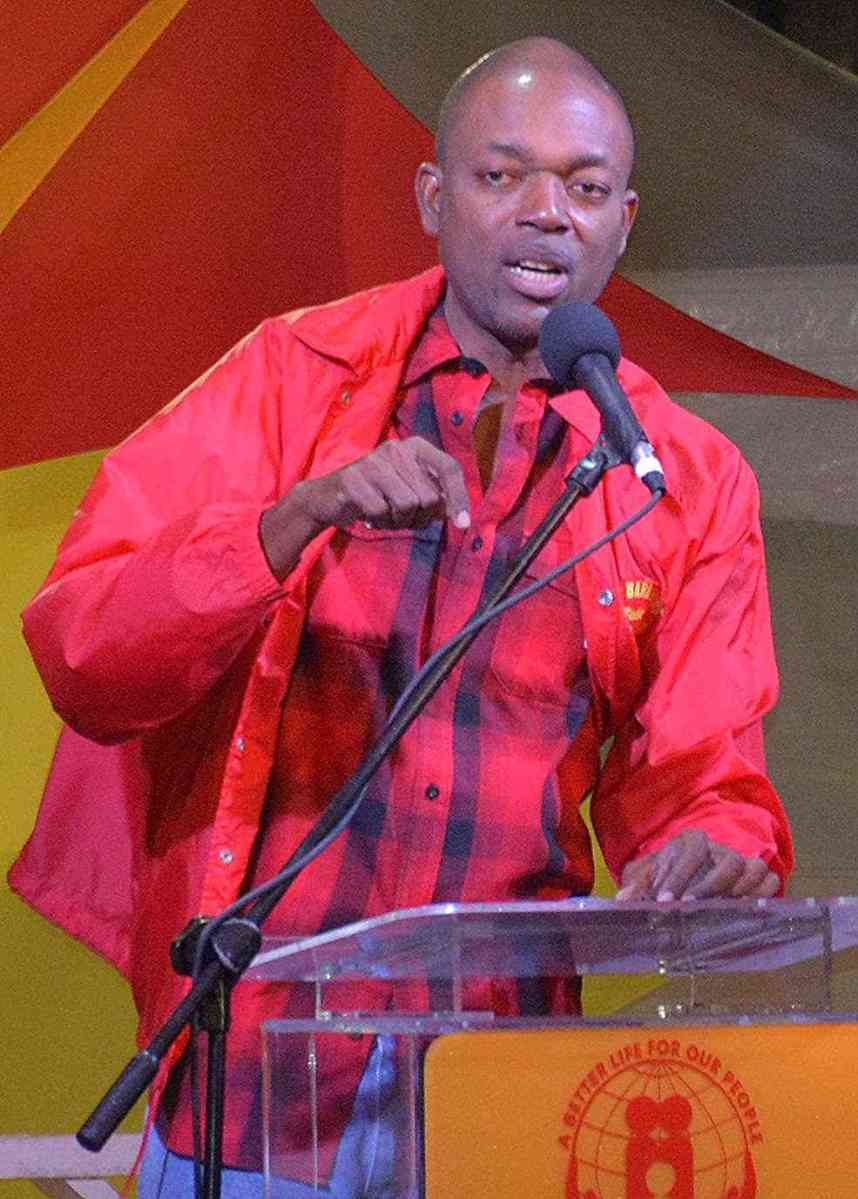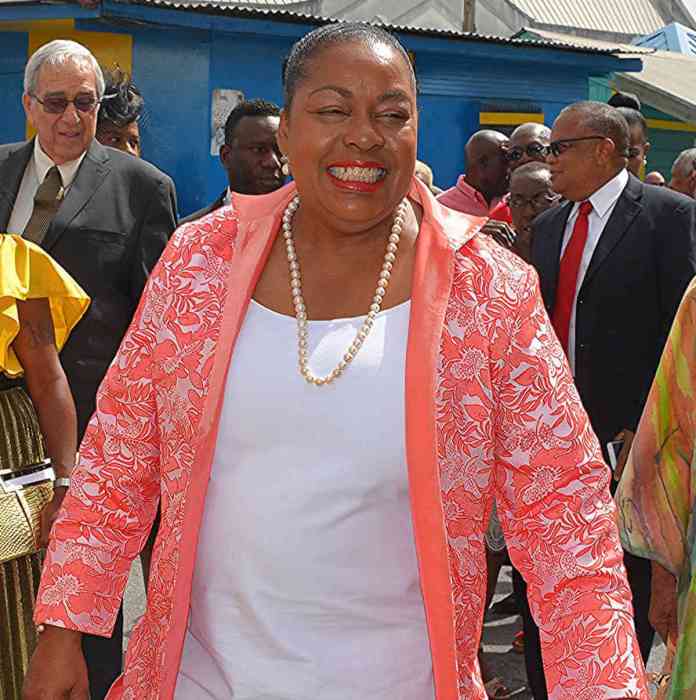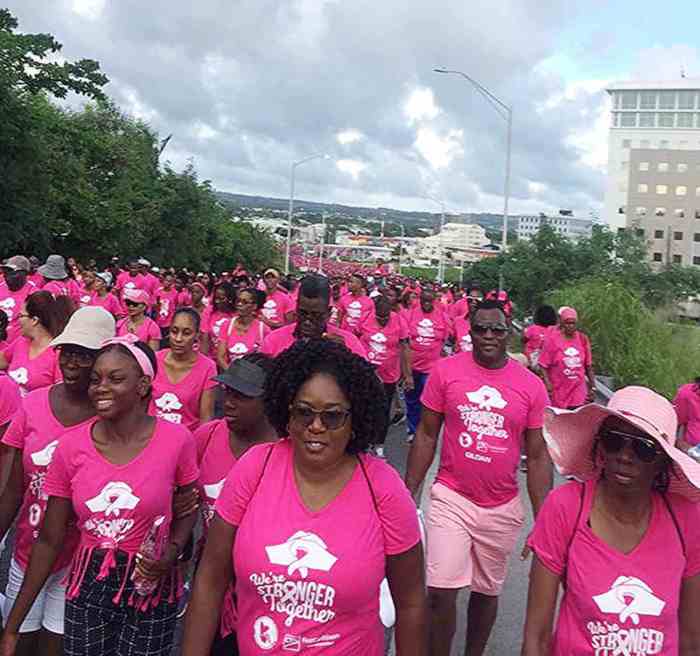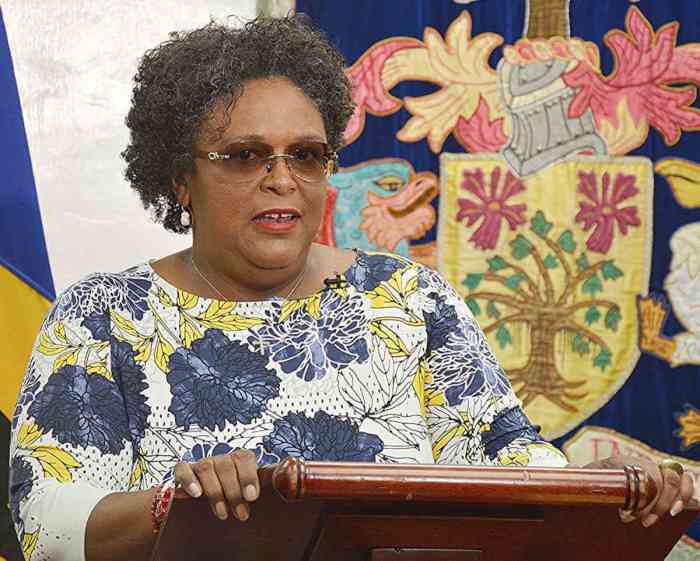An atmosphere of conciliation appears to have overcome some elements of the leadership in Barbados, with trades unions curbing their wage demands for workers and the private sector jumping on board government’s recovery plan.
The two common denominators that can be identified for this switch from an antagonistic relationship between these bodies and the past government appears to be repeal of the law supporting the National Social Responsibility Levy (NSRL) and the frequent meaningful meetings they are having with the new administration of Prime Minister Mia Mottley.
“We have a government now that the first Monday in office, the first item on her agenda was to meet with the Social Partnership (unions and private sector). In those three hours, we did more than we did in any eight-hour meeting with the previous government,” said Charles Herbert, chairman of the Barbados Private Sector Association.
He added that this government which came to office on May 25 has been making encouraging signs.
“We have been signalled that once again we are going to be seen as active participants in where Barbados goes, and the challenge is on us to grasp it,” Herbert said.
Imposition of the NSRL, a 10 percent tax that swept across almost all goods brought into this island that is more than 70 percent import dependent, had last year triggered the unusual situation of the private sector employers, the workers and their unions coming together in protests through the streets of Bridgetown.
Mottley has already begun the process in parliament to repeal that controversial tax.
The fruitful meetings and discarding of the draconian tax seem to have softened the two leading public service unions into accepting a five per cent pay increase effective from April 2018, to March 2019.
Public service employees had not received a pay increase in the past 10 years and prior to Mottley’s Barbados Labour Party winning the May elections, the leading unions for these workers had demanded double-figure increases to cover eight of those years. The Barbados Workers Union was insisting on a 15 percent salary raise, and the National Union of Public Workers wanted a 23 percent increase.
But with the new atmosphere they agreed, in the interest of rebuilding the economy, to forsake demands for retroactive payment covering the past seven years and accept the five percent figure.
BWU President Toni Moore said that her union and the NUPW were at all times willing to compromise on level of their wages increase demands, but the problem was that the Ministry of the Civil Service was not holding a meeting with them.
Instead of meeting to negotiate that, ministry had issued a letter to the unions in March this year making it clear that their demands “cannot be accommodated at this time.”
“The increase that was eventually derived is one that is fairly consistent that the BWU viewed as the zone of settlement as far back as almost a year ago,” Moore said of the five per cent that the unions agreed to with the new administration.
Newly appointed Labour Minister Colin Jordan said employers need to recognize that unions usually set bargaining positions for their workers, then negotiate.
“Those involved in the [trades union] movement understand that where you start is not where you expect to end. That goes not just for workers and their representatives. It also goes for employers, business people. Where you begin is not where you expect to end. Trades unions have a method.”
“We could not give to the public servants what we believe was their full desserts because of the situation, and the public servants to their credit understand that and have accepted the agreement for five percent,” he added.
With this government starting off in agreement with the workers representatives and the private sector, it stands a better chance of achieving the economic recovery mandate it was given.




























